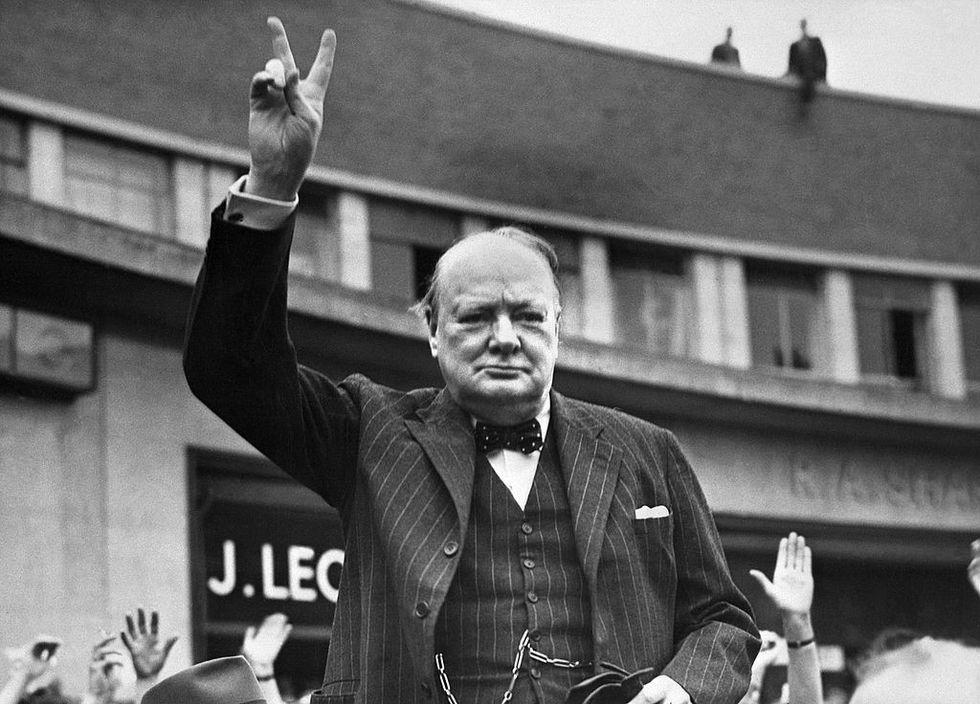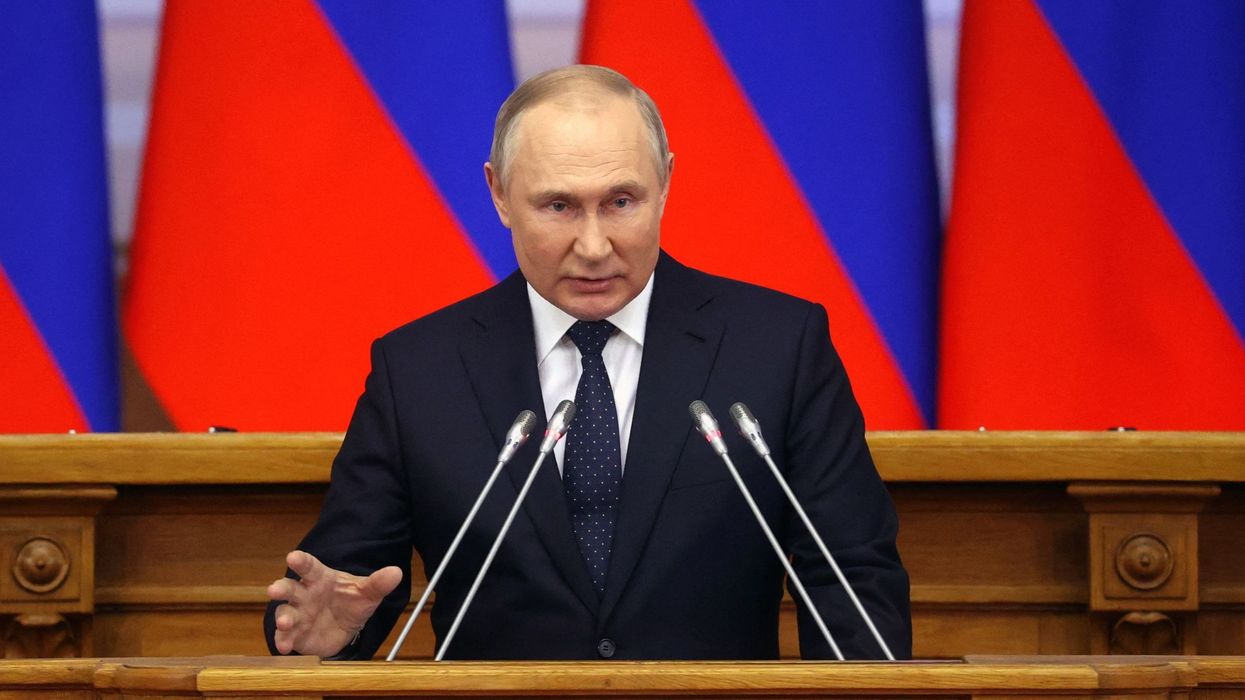Amid its growing confrontation with the West, particularly in the wake of the intervention in Ukraine, Russia has slammed the UK saying the latter caused "real damage to the people of India" with its colonial policies and caused millions of deaths.
Russia's foreign ministry said this on Saturday (14) while weighing in on Britain's colonial past.
Moscow noted that more than 100 million people in India "fell victim" to London's draconian policies as it ruled the country between 1880-1920, the period it said was the "peak of the British colonial rule in India" that brought misery and suffering to the people of the south Asian nation.
India became independent on August 15, 1947, after the British ruled the country for nearly two centuries.

The Russian ministry was referring to the statistics cited in a scholarly study which has been published by economic anthropologists Jason Hickel and Dylan Sullivan.
It accused its adversary Britain of looting and plundering India during its rule and berated then British prime minister Sir Winston Churchill's colonial policies related to India.
In a statement published on Telegram and the Kremlin's official site, the foreign ministry said nearly 165 million deaths took place in India between 1880 and 1920 and the British stole trillions of dollars of wealth from that country. It also rubbished the alleged "positive impact" of the British colonial rule in Asia as promoted by pro-western analysts on social media platforms.
During British colonial rule in India, the country's death rate increased from 37.2 per 1,000 in the 1880s to 44.2 per 1,000 in the 1910s and the life expectancy of Indians went down from 26.7 years to 21.9 years, Russia said citing the study by Hickel and Sullivan.
This, according to Russia, was because millions of Indians died because of the anthropogenic famine "engineered by the British" in the then Bengal of 1943.
"That humanitarian catastrophe was a direct result of the decisions by the colonial administration and personally British prime minister Winston Churchill, who ordered for grain to be shipped out of India to cover the needs of the home country," said the foreign ministry.
Russia accused the UK of "starving Indians to death".
Moscow, which is one of India's time-tested allies in the world, also took on Churchill for his views of the Indians.
"Winston Churchill’s statements about the horrifying developments in Bengal look openly racist," the Russian foreign ministry said.
Quoting Churchill's wordings, it said, "I hate Indians. They are a beastly people with a beastly religion."
Also accusing the UK of looting Indian wealth during colonial rule, Russia supported the analysis of the Indian economist Utsa Patnaik.
The British empire siphoned out £9.2 trillion ($45 trillion) of wealth from India, the Russian ministry said.
The evidence listed in academic journals clearly shows how the UK "got wealthier at the expense of India, and how they exploited and caused the deaths of [Indians] whom they deeply despised," Russia said.




